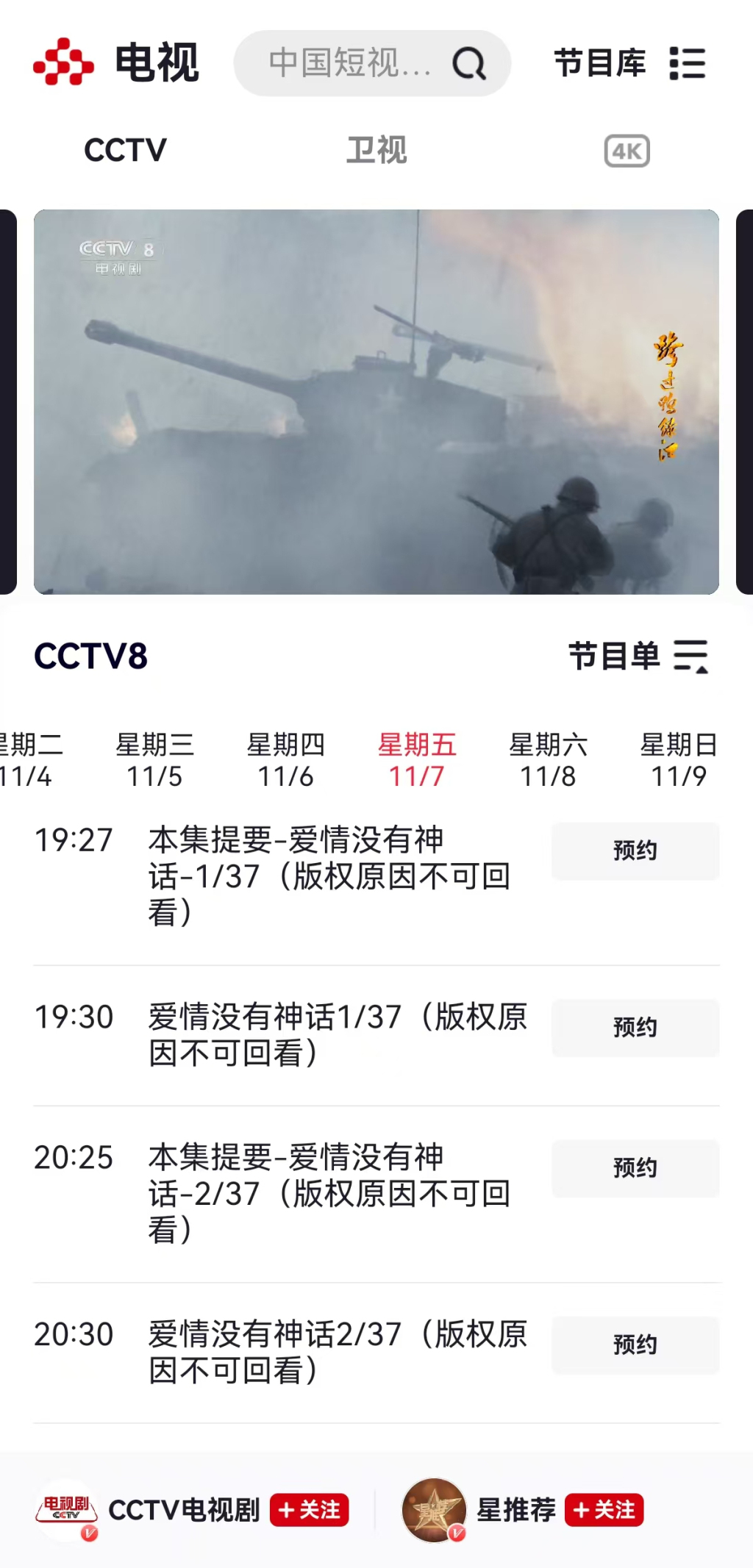
This is a drama review, but also an article talking about historical logic and political logic. This drama review is about a recent historical theme "The Long River in the World", which tells the story of how to control the flood of the Yellow River during the Kangxi period. Even if you haven't watched the drama, I hope you can finish reading this article. I believe that what is expressed in this article is worthwhile, and you will definitely gain something.
Well, let me start with an unexpected detail in the play.
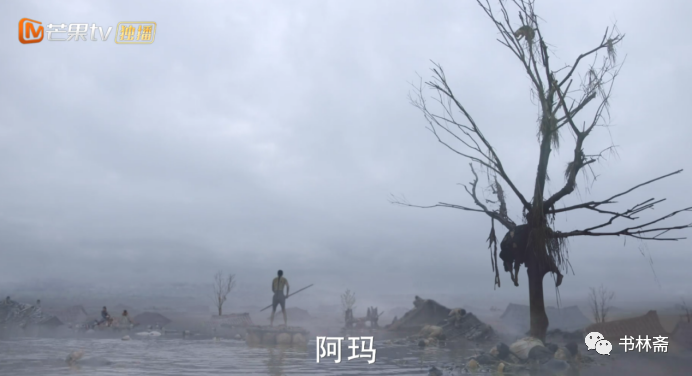
"Ama! Ama!"
A flood washed away many people, including Jin Zhiyu who was looking for his father Jin Fu. Before this scene, Jin Zhiyu still called his father Daddy in front of everyone (Hegong), but at such a critical moment, he did not hesitate to call him: Ama.
This kind of dramatic comparison is actually just a few words, but it directly shows that the Jin family is not a Han, but a bannerman of the Han army who followed the Qing soldiers very early. That's why Jin Zhiyu called his father Ama since he was a child, and only changed his name to others in the south.
Coincidentally, in the other details scattered in this drama, it is also mentioned that Wang Guangyu, the governor of the river, is the Hanjun Banner, Jin Fu's wife or Zhenghong Banner.
These details don’t add up to more than one minute. It’s not ostentatious, and it’s not emphasized in particular detail, but this contrast in dramatic tension actually vaguely points to the core theme of “The Long River under Heaven”:
To do something well, the most difficult thing is not the method itself, but the people, how to make different people face different people, and then get things done.
Now let's talk about the River Governor. The governor is the second rank, which is a very high position. In total, there is only the first rank, and from the first rank, the next is the second rank. It was specially set up in the Ming Dynasty, and it was not fixed until the early Qing Dynasty. At the beginning, it was located in Jining, Shandong, and later went to Huai'an, Jiangsu. In short, it is the place where the canal flows. This means that the governor of the river channel is to ensure the stability of water transportation.
Water transportation, including grain and salt in the south, Beijing does not produce these things, but Beijing needs these all the time, so water transportation is the lifeblood of the empire, so the economy of the south is very important to the empire.
But since the Yellow River entered the sea from the mouth of the Huaihe River (the direction of the Yellow River is different from that of today, and it has been diverted many times in history), it often flooded and breached. Both the Yellow River and the Huaihe River invaded the channel of the canal, blocking water transportation. It bursts almost every year. In this case, river affairs are very important.
At first, the river affairs in the Qing Dynasty were learned from the Ming Dynasty, and the Ministry of Industry was responsible for it at a very low level. Think about the problems that a low-level official from the Ministry of Industry will encounter when he is temporarily dispatched to a local government: First, he cannot stay here for a long time, so he must be resolved quickly; second, he is affiliated to the Ministry of Industry, so it is impossible to transfer Resources at the level of the Ministry of Industry; in the end, he will hold back everywhere in the local area, and no one has a higher position than him.
Therefore, under such circumstances, the Qing Dynasty established the Governor of the River, which gradually raised the status and authority of the person in charge of the river affairs. Only in this way can the unified deployment be better carried out.
Of course, this is based on a strategic premise: river affairs are very important, and it cannot be solved in a short while, but we must pay attention to it and solve it. So we are willing to create a senior position for it.
With this background in mind, let's see how the drama logic at the beginning of "The Long River Under Heaven" is built.
In the fifteenth year of Kangxi, the Yellow River was in an emergency again, and the dams in Anhui would soon be washed away.
At this time, Jin Fu, the governor of Anhui, stepped forward. He mobilized the river workers and went to the river bank in person to prevent disasters with everyone. These are nothing, but the dramatic point appeared when he emphasized that he would blow up the embankment to divert the water of the Yellow River to Taoyuan County, where the crowd had been evacuated.
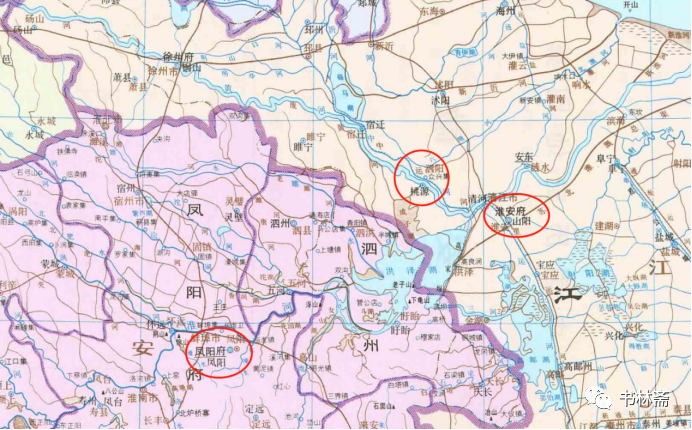
Where is Taoyuan County? Here we are talking about Taoyuan County in history, which is today's Siyang County, which belongs to Huai'an Prefecture, Jiangsu Province.
Although the person is gone, Jin Fu, as the governor of Anhui, actually intervened in the affairs of Jiangsu.
This is a hidden line. Although it is not directly expressed in the story, it exists objectively. It can be explained from many details, and it is not that the creators intentionally ignored the differences in geographical location.
In the play, Jin Fu was quickly held accountable, and the reason he was held accountable was corruption. But the question is, how did Jin Fu, as the governor of Anhui not long after he took office (he was quickly promoted by Kangxi, which will be discussed below), how did he get involved in the project of the Hedao Yamen?
The answer is actually that he has long been the candidate for the governor of the river. And it was valued by the emperor.
But the current governor of the river, Wang Guangyu, is from Soetu. Jin Fu was only the governor of Anhui.
It can be seen from the play that although Jin Fuan was accused of corruption from the very beginning, in fact, everyone didn’t care about whether he was corrupt. This is not to say that everyone knew that he was not corrupt, but that everyone didn’t care whether he was corrupt .
Including the emperor.
In the fifth episode, there is a dialogue scene in which Mingzhu represents the emperor and Jin Fu in the heavy rain. In that scene, Mingzhu keeps asking why you are corrupt, and Jin Fu keeps answering that I have been paying attention to river affairs since I arrived in Anhui.
What does this answer mean?
It shows that Jin Fu himself is very clear about what he has to show at this moment to save his life and even make this situation bigger.
Why did he dare? The answer is what I said above, he is a bannerman of the Han army. Even he is a member of the Han army Xianghuang Banner, Xianghuang Banner is the head of the upper three banners, whether it is Manchu or Han, the Xianghuang Banner has a higher status than the Lower Five Banners. Many famous officials we are familiar with, such as Fan Chengmo, Tong Guowei, and Nian Gengyao, all belong to this banner.
In other words, he is his own.
Kangxi needs him, and Kangxi needs him to manage the river affairs.
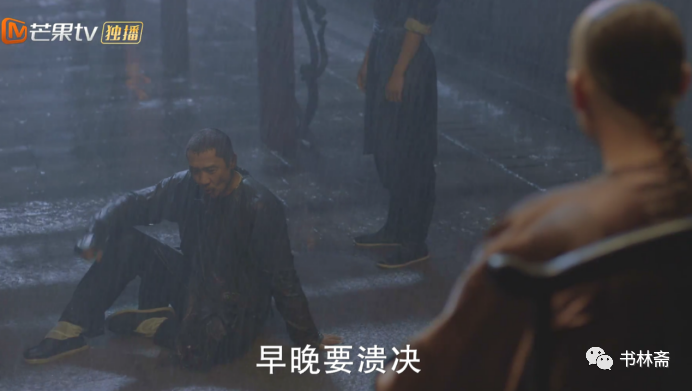
River affairs do not mean that if you have the ability to control water, you can manage it, but you must be someone you can rest assured of. There were 11 river governors in the entire Kangxi Dynasty, 9 of which belonged to the Han army flag, and the remaining two were pure Han people, and none of them were full. Why is this situation?
Don't forget where this happened. Huaiyang territory. In the Ming Dynasty, this was Nanzhili, the location of the Ming Zu Mausoleum, and there were many Jinshi families; at the end of the Ming Dynasty, Yangzhou Ten Days also took place here. In other words, this place has natural resistance, but it is also an important place for water transportation.
However, if the person in charge of the river affairs is pure Han, the emperor is not at ease; if he is pure Man, his ability is insufficient, and he cannot communicate with the local pure Han. Therefore, Han Junqi is the best candidate. On the one hand, they are members of the imperial court, and on the other hand, they can have friendly conversations with pure Han people in the local area.
So it seems that at the beginning it was about Jin Fu’s corruption case. In fact, everyone’s core focus is: the emperor is dissatisfied with the original river governor Wang Guangyu, who will take over?
So it seems that Jin Fu was framed by Wang Guangyu for corruption at the beginning of the story, but in fact there are many undercurrents behind it. Although Wang Guangyu is the governor of the river channel, he is the second rank, which is higher than the governor of Anhui, who is the second rank, but he and the governor of Anhui belong to different systems, one by one, there should not be much conflict between them . Unless the real conflict is, Jin Fu is likely to be the successor governor of the river.
Whether it is from the play or from history, we can see that Jin Fu was sent by the emperor from outside the cabinet to Anhui as governor in the tenth year of Kangxi. During this process, he has been paying attention to river affairs and guaranteed that Anhui has never been out. However, in the fifteenth year of Kangxi five years later, he is actually the best candidate for the next River Governor.
A stone stirs up a thousand waves. When this appeal is clear, we can see the various intrigues and personnel operations of Suo'etu and Mingzhu. Of course, these are clichés, and they will be found in most dramas.
Interestingly, there is a hidden line in this drama.
Those who expressed a wait-and-see attitude towards this position and this incident were not only these people on the table, but also the governor of Liangjiang and the governor of Jiangsu.
Because according to Jin Fu's water control method, embankments were built to flush and clear the silt at the mouth, and the result would inevitably be that the water of the Yellow River would leak down, resulting in the difficulty of clearing the Huaihe River. Coupled with the low terrain of the Huaiyang area, it is easy to be submerged in the fields.
As mentioned above, the Huaiyang area has countless aristocratic families since the Ming Dynasty. If their fields are flooded, is that okay? Therefore, the Governor of Liangjiang and the Governor of Jiangsu who are in charge of managing these places must also be stakeholders. ——This is also the fundamental reason why Jin Fu's plan was repeatedly opposed later.
What I want to say here is that the change of appellation from the governor of Jiangxi and Jiangxi to the governor of Liangjiang, and from the governor of Jiangning to the governor of Jiangsu, is generally believed to have begun in the Kangxi period and was finalized in the Yongzheng period.
Some friends want to ask, obviously they didn't appear in the play, why can I be sure that these people are silent instead of not written in the play?
Because although they haven't appeared yet, I saw their names in the credits.
A Xixi, governor of Liangjiang, Mu Tianyan, governor of water transportation, Yu Guozhu and Tang Bin, governor of Jiangsu (Jiangning).
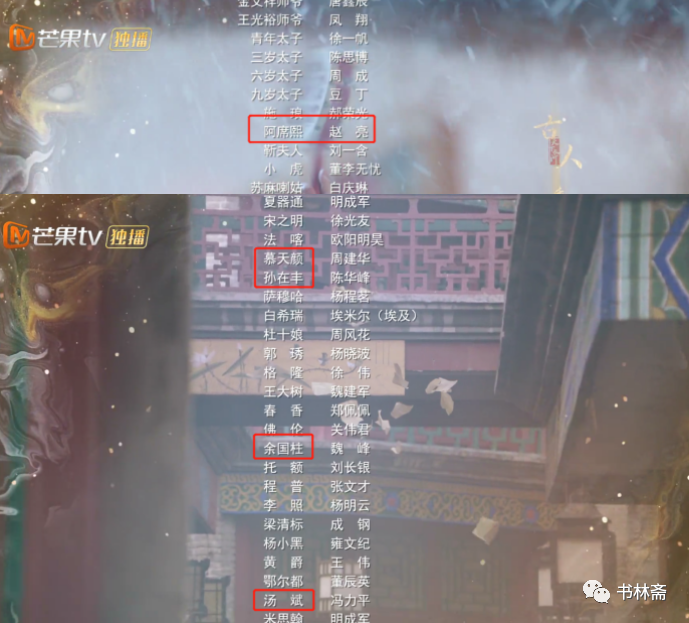
In addition, it was Yu Zhenjia, the magistrate of Jiangning, who escorted Jin Fu to Beijing (also known as Yu Chenglong, another Yu Chenglong, who was later the governor of the river, and Jin Fu's ideas were completely different, and he was also the Eight Banners of Han Dynasty).
The scene where Yu Zhenjia appeared on the stage was about the master Jiang Ning, who was ordered to help the victims of the disaster.
This implies that it is obvious that the Yellow River is flooding, and the dams were blown up by the governor of Anhui, but we in Jiangsu are still responsible for the relief of the victims. However, neither the governor of Liangjiang nor the governor of Jiangsu came forward, and found a prefect of Jiangning to be in charge of relief and escort.
They are also expressing their views with the court.
Not speaking is a statement, silence itself is a statement: I want to see how you do it.
Why do they dare to challenge so directly?
For example, Tang Bin. Born in Suizhou, Henan (now Suixian, Henan). His ancestor Tang Kuan was from Lai'an County, Chuzhou. He followed Ming Taizu Zhu Yuanzhang in the army and served as officials for generations. The seventh ancestor Tang Xiang moved to Suizhou.
This is obvious, it looks like it is in Henan, but in fact Huaiyang has been their family since ancient times, and Huaiyang's interests are his interests.
In history, there is no such thing as Jin Fu being escorted as a death row prisoner, but there are conflicts between Mu Tianyan and Tang Bin and Jin Fu, and they are very big. Since their names appear at the end of the film, I believe it is also true. Will definitely focus on describing the big debate. Press no table here.
Although there was no such thing as Jin Fu being escorted as a death row prisoner in history, Jin Fu's rapid promotion did exist. As mentioned above, Jin Fu, as the Eight Banners of the Han Dynasty, could enter the center without passing the imperial examination. He was soon released to the governor of Anhui, and was quickly promoted to the governor of Hedao five years later. Behind this move must be Kangxi's emphasis on him.
But it's not a play. Because in this case, all the initiative is done by Kangxi, and has nothing to do with Jin Fu.
So the adaptation at the beginning of this play actually had several effects.
One is to aggravate the description of Jin Fu's character. On the one hand, he has a deep understanding of scheming, and on the other hand, he is still willing to stand up for the governance of the Yellow River, instead of an ordinary minister full of moral articles.
In fact, just a hundred years before Jin Fu, another historical figure Hai Rui, played by the actor Huang Zhizhong who played Jin Fu, was also the governor of Yingtian who governed the Wusong River, and he was also a person with great strategies: a man who can Being the governor of Yingtian was very rare in the Ming Dynasty when the promotion channels were very narrow. Hai Rui was never the single-minded person that later generations thought.
The second effect is that through this incident, everyone from top to bottom is circled in. The key is down.
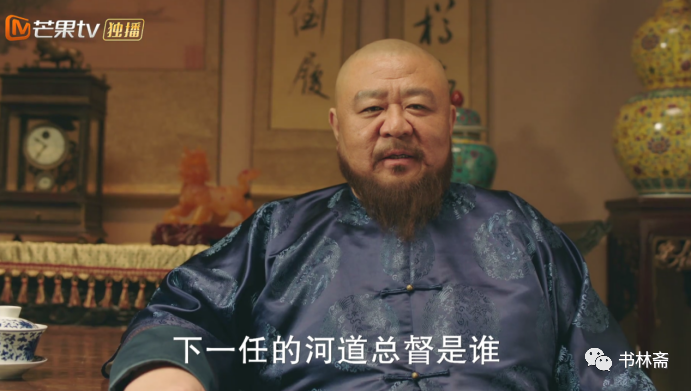
We know that a TV series with historical themes tends to focus more on Chaotang, and write about officials below the second and third ranks at will, as if they have no interest demands due to their respective backgrounds and paths, as if they have no interests because of their respective backgrounds and paths. The level of authority generated by their respective positions, in the interpretation, they are either thugs who do evil or are honest officials who love the people like sons, and they are almost reduced to the background board.
Rank is very important. You are the governor of Anhui, what is your duty; you are the governor of the river, what is your duty? This one cannot go wrong.
In many people's minds, it seems that in a huge bureaucratic system such as the Ming and Qing Empires, only the top few people play there, and the bottom is full of tool people.
Except for a few excellent historical dramas that describe a large number of middle-level officials, there are almost no narrative objects that use these officials. And those dramas are more about their reactions and struggles in the face of shocking cases, rather than daily personnel, documents, etc.
After sorting out this relationship, you will find that this drama is different from other dramas. Although it has added a comic color in many places and behaved very jokingly, in terms of some key logics, it is trying to express the real operating rules.
The simplest, what is the daily life of an official?
It's not about fighting, it's not about flattering, it's about approving documents and making paperwork, because there are too many things under the rule.
Take the Kangxi Dynasty as an example: Ping San Francisco, recover Taiwan, conquer Galdan, fight, everyone is familiar with; But what to do on a daily basis is not familiar to everyone.
This drama chose such an entry point, which is worthy of attention in itself. Therefore, I can also understand why those comedy scenes were added, otherwise no one would watch it, and the TV series "The Reign of Zhenguan" would shoot a lot of government affairs in a rigid manner.
So instead of writing about what Jin Fu did to make Kangxi satisfied with the Anhui governor, and then promoted to the river governor, it is better to directly design such an event, everyone reflects their own character and appeal, and they still do things in the struggle .
We return to the River Governor.
According to the custom, Jin Fu, as the governor of Anhui (from the second rank), if he wants to be promoted, the next step is actually the local administrative governor (the second rank) or an official of the sixth department, but it is not a particularly good job to go to the governor of Hedao.
On the one hand, although it is just like what is said in the play, this is a fat job, and there is a lot of oil and water to be fished every time work starts. On the other hand, this position is extremely risky.
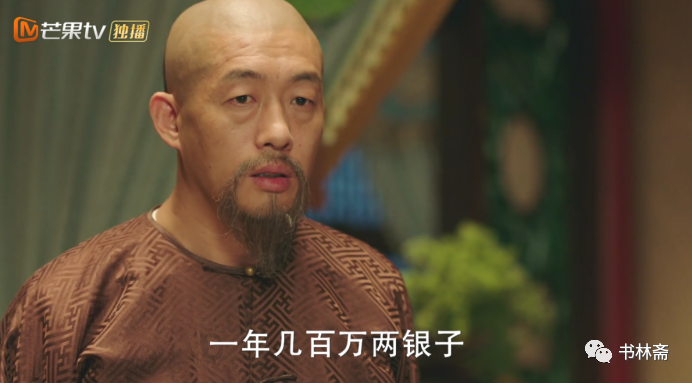
The flooding of the Yellow River is a natural disaster. For such a natural disaster, it is necessary to face great uncertainty, and it is necessary to bet on one's own wealth and life. So this position is risky, as long as the dam is washed away, the governor will be held accountable and dismissed; but this position also has many opportunities, basically those who retire safely can enter the Xianliang Temple.
Therefore, we have a better understanding of why the person in charge of the river must be a second-rank official who can command several places, instead of letting the local administration do its own thing.
For example, at the beginning of the play, Jin Fu, as the governor of Anhui, blew up the embankment and flooded Jiangsu. Why?
Because in the administrative division, this area is the junction of Shandong, Henan, Anhui, and Jiangsu, which is often referred to as the yellow flood zone. Moreover, the local villages at that time did not have clear administrative ownership as they do today. The establishment of counties and townships will end. If the chief comes to take the lead, many places cannot be dispatched. Just like Jiading in Shanghai and Kunshan in Suzhou, Ordos and Yulin today, these places are also closely related and have been engaging in integration.
Therefore, in the face of natural disasters, there must be a regional level to unify the command.
So what everyone cares about is who Kangxi chooses as such a person with great authority.
This is the central theme of the first ten episodes so far.
In the play, Kangxi chose Jin Fu. It seems nothing to many viewers who have read too many romance novels, but in fact it means a lot:
Jin Fu was already a prisoner on death row, but Kangxi not only promoted him one after another, but also let him take over as the governor of Hedao as the original official.

For a very crowded Ming and Qing empire, every step up is very difficult, because there are a large number of people with similar backgrounds and statuses to himself, but Kangxi still promoted a person so directly.
If you want to understand this background, you can know the other core that "The Long River under Heaven" wants to express: it is not that the emperor can promote whoever he values.
For example, when Kangxi valued Chen Huang's water control ability and wanted to give him an official position, Suo'etu directly said that this would chill the hearts of scholars all over the world. If Chen Huang progressed too fast, he would receive a lot of attention and criticism, which would hinder Chen Huang's work, so Kangxi chose not to give him an official position.
Everyone was trying to figure out a way to plug people in. The Empress Dowager told Kangxi in almost every scene that they wanted to use old bannermen, but Kangxi didn't listen.
Kangxi has his own ideas.
This drama specially wrote three characters: Xu Qianxue, Gao Shiqi and the Chen Huang we mentioned above.
Xu Qianxue. In history, it was Gu Yanwu's nephew, but in the play it was changed to Xu Jie's descendants, and there was no one in the court (historically their family was very prominent in the court). In the play, Xu Qianxue is the only Tanhualang who passed the formal traditional imperial examination. However, he was very high-spirited and was soon assigned to the Imperial Academy as an editor. Suppressed down. ——This is what we call the congestion in the Ming and Qing Dynasties. It is not uncommon for the imperial court to produce one every three years.
Gao Shiqi. Whether it is in history or in the play, he is a scholar who has not passed the formal imperial examination but was promoted by Kangxi himself. It didn't take much effort for him to enter the South Study Room and become Kangxi's secretary.
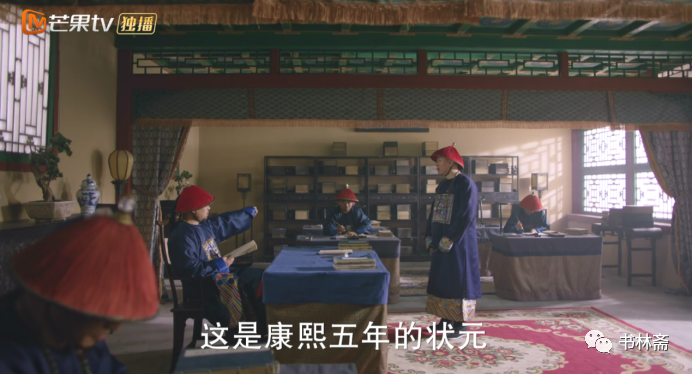
Chen Huang. As mentioned above, there is another detail. After Jin Fu recommended Chen Huang, Kangxi wanted to summon him, but Mingzhu stopped him. What Mingzhu meant was that if the news about Kangxi's summoning got out, and Chen Huang was a mediocre person, it would not look good on his face.
Yes, if the emperor wants to specially promote a person, he must ensure that this person is really useful.
The emperor promoted Gao Shiqi not to do business, but to check and balance Mingzhu and Suo'etu, so he didn't have to worry about whether Gao Shiqi would be attacked or restrained by others. But Chen Huang is different, he needs Chen Huang to control the water.
So this three-person control group is interesting. What is interesting is not only their personal life experiences, but also Kangxi's different usages when facing them. And what do these different usages mean?
The first level means that Kangxi wants to express that I am the only authority for selecting people. No matter how important you are as the Minister of the Ministry of Officials, and no matter how rich you are as Hesheli's relatives, I have the final say.
The second layer has to take into account the origins of these three people: they are all southerners.
Xu Qianxue, born in Kunshan, Jiangsu. Gao Shiqi, a native of Yuyao, Zhejiang. Chen Huang, a native of Hangzhou, Zhejiang.
They are not Manchus, they are not Han army flags, and they are not even Han people from the Huaiyang area. They are Han people from Jiangnan and Zhejiang.
These three people did not appear at the same time in history, but they were blended together in the play.
This means that Kangxi is trying to win over the scholars in the south of the Yangtze River, and at the same time he is expressing to the Huaiyang area that you must be obedient, and then I will use you, otherwise I will use the people from Jiangnan and Zhejiang first, or even use the people from Jiangnan and Zhejiang first. People from Zhejiang came to take charge of water control.
So it seems that Xu Qianxue and Gao Shiqi have nothing to do with water control, but in fact their existence itself is a part of water control.
This brings me back to what I said above, the core theme of this play:
To do something well, the most difficult thing is not the method itself, but the people, how to make different people face different people, and then get things done.
Those who carry out water control use Chen Huang. A native of Zhejiang, he has no fame and no local interests in the Huaiyang area. He is responsible for offending people with technology. As long as he can do things, he can realize his ambitions.
Those who mobilize resources use Jin Fu. Han Junqi, one of his own people, can talk to the Manchu and Han in several aspects. This person can still go forward indomitably, can be the backbone of water control, and can be firm when faced with doubts from others, even if he encounters many in the process. criticism, but he does not plan for a while, but wants to plan for eternity.
The person who makes the final decision is yourself. As an emperor, he not only had to ensure water transportation and river affairs at the same time, but also ensured stability in all aspects, and he had to do things during this balancing process.
So these three people came together and became the three protagonists of this play.
Kangxi said that to be an official is to do things.
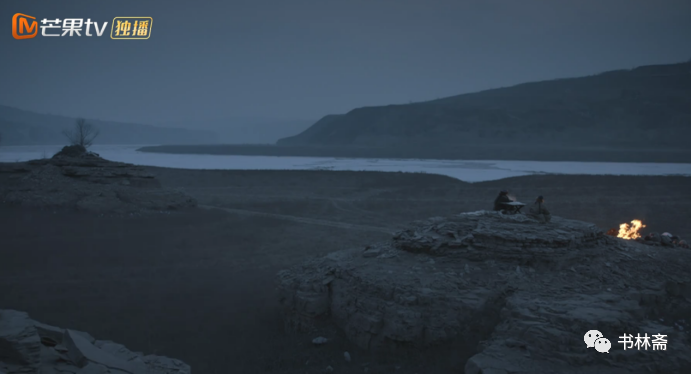
work.
On this basis, how to do things well?
Let's go a step further, how can we do things well in the face of interests that are hindering us everywhere?
That's what the show is about. Although the two words are very simple, there are very few people who can really put them into practice in ancient and modern China and abroad. It is not enough to just have theories, nor is it just enough to have courage. Wisdom and courage are needed. In this process, we must clearly know what we must firmly grasp, what are the possible contradictions, which of these contradictions can be resolved, which are unavoidable, and how to make up our minds when it is unavoidable. Things to do?
This is also worthy of our deep thinking.
(This article was published on the "Shulinzhai" WeChat official account, the original title was "Kong Li: Doing things first, being an official later")


